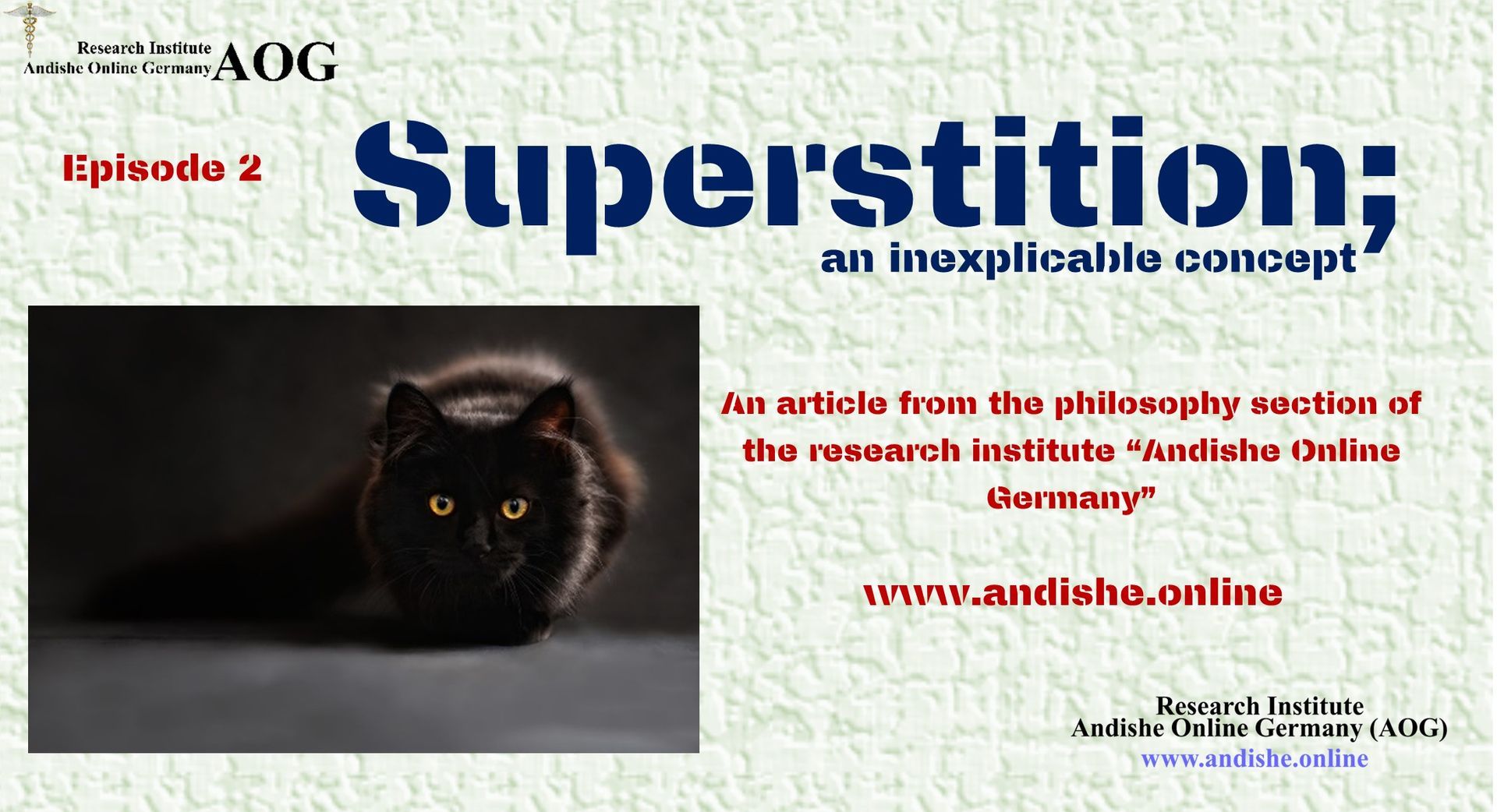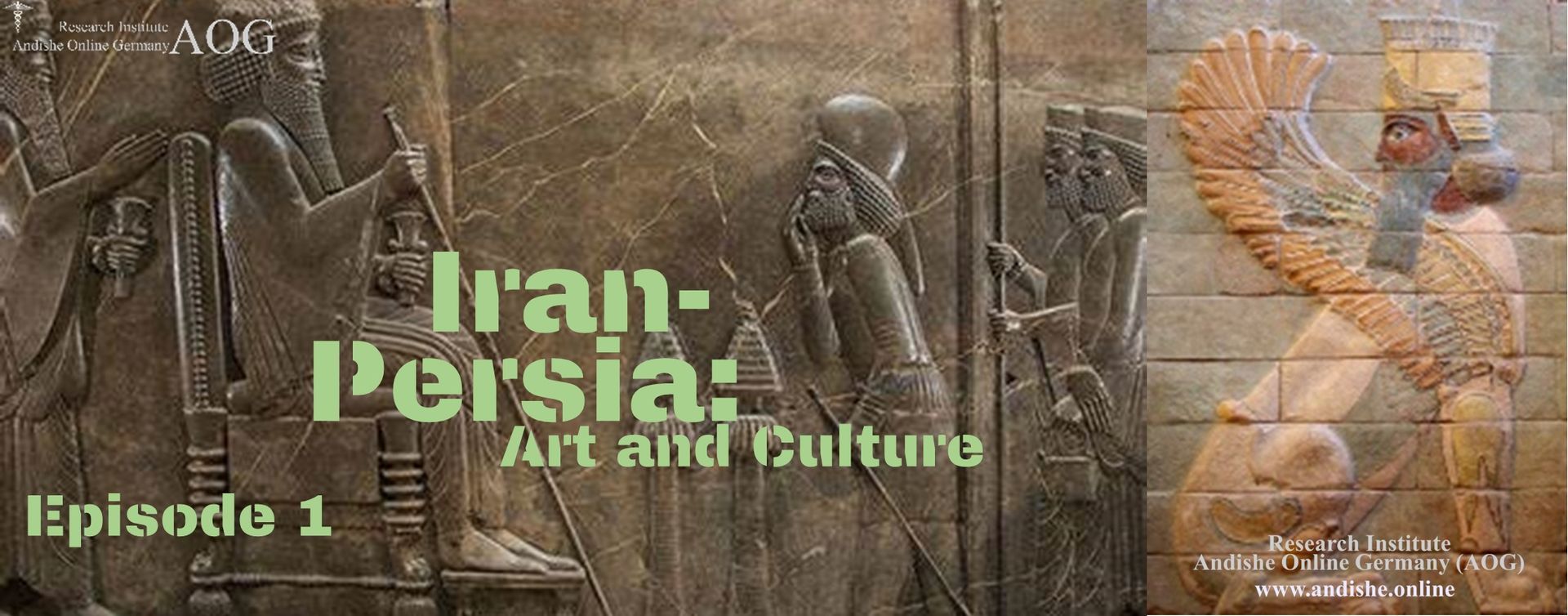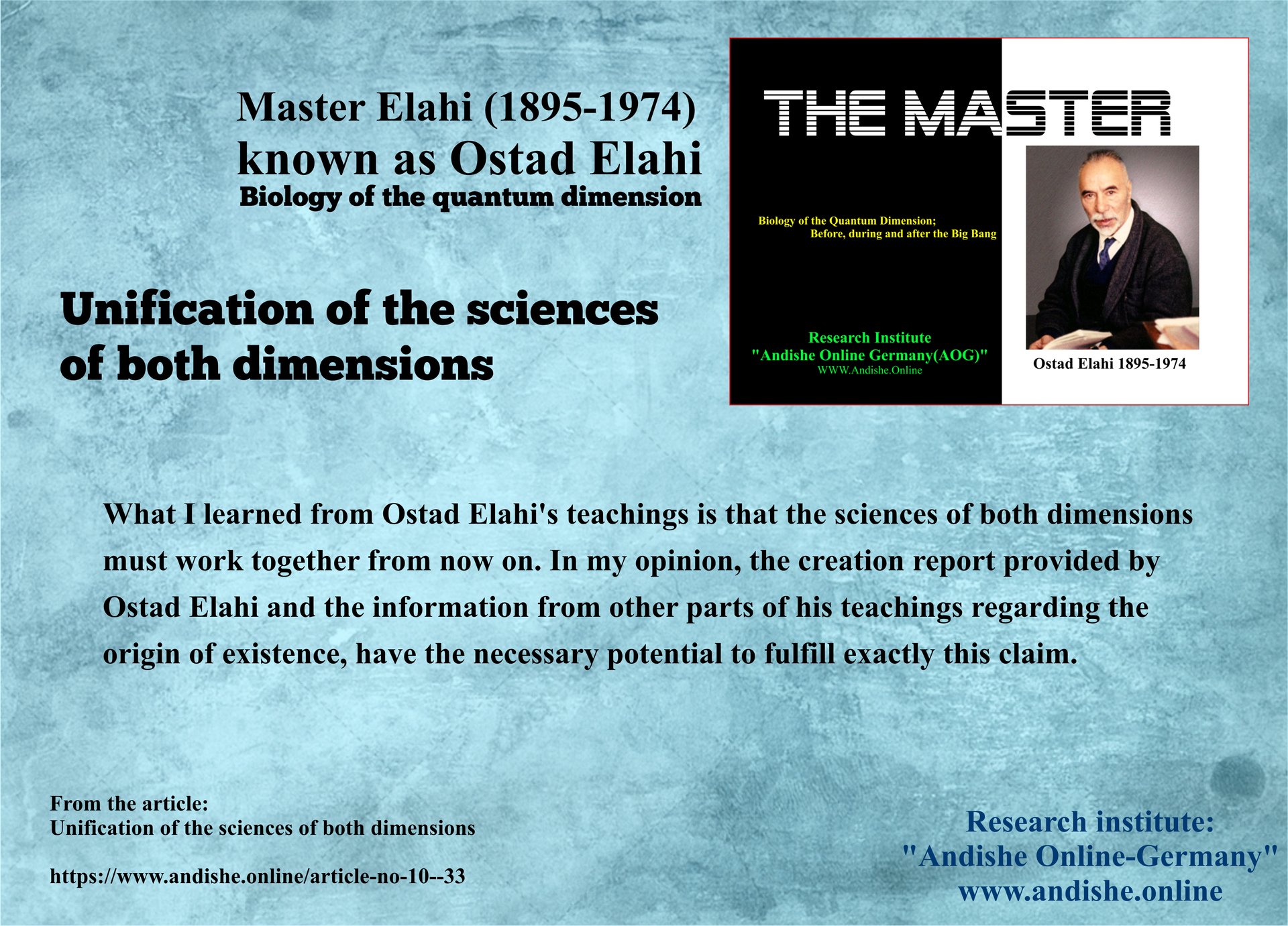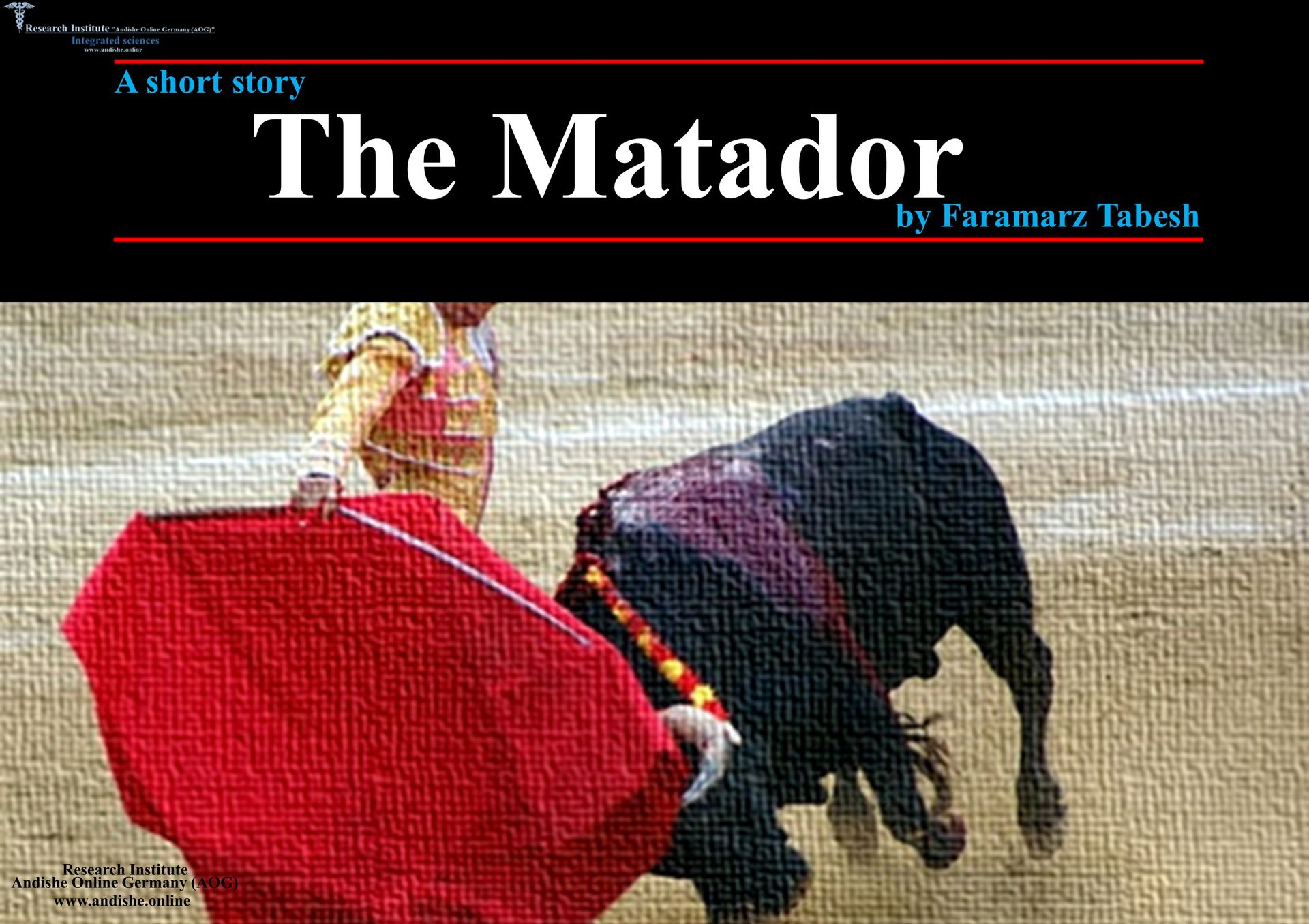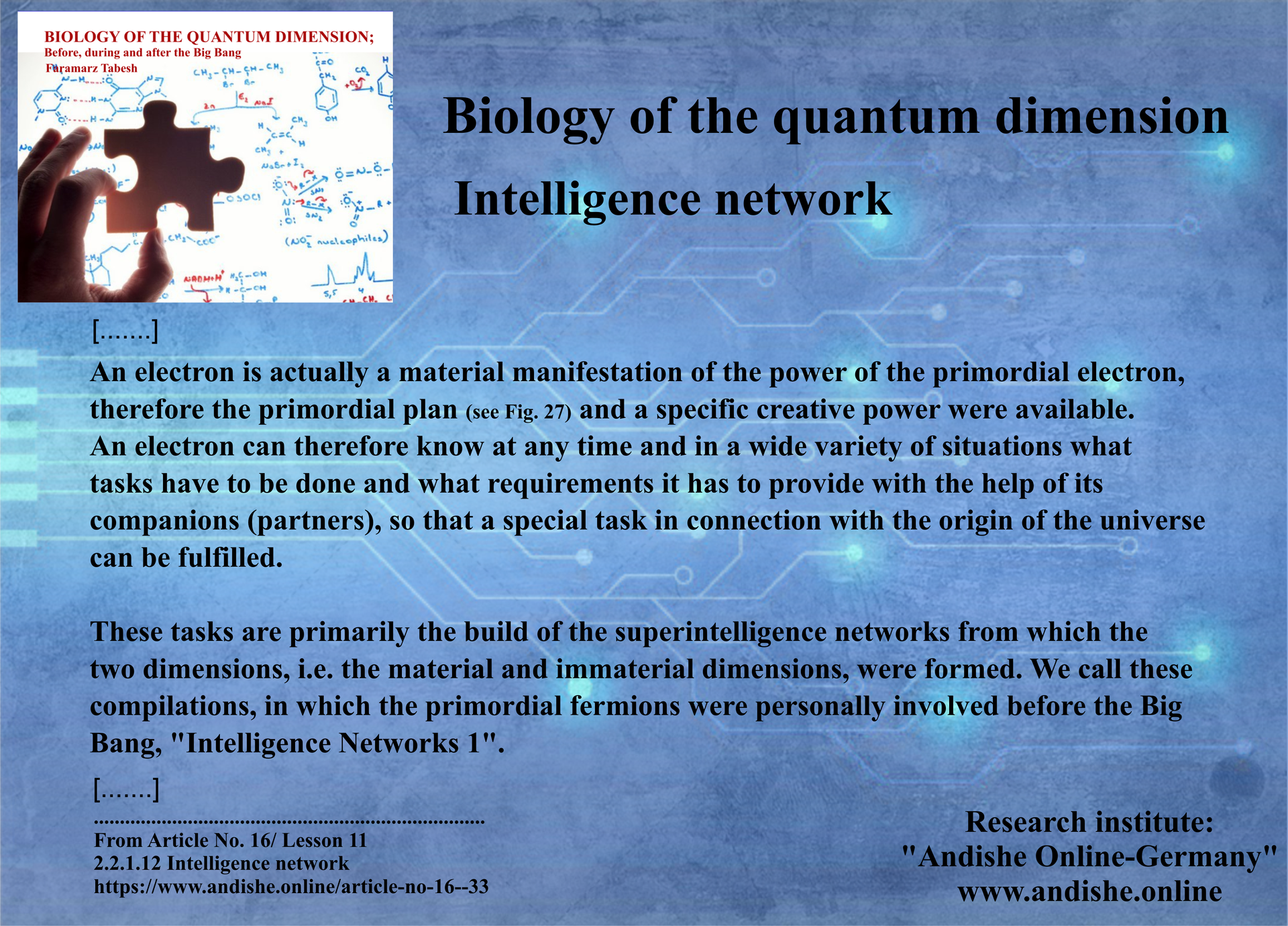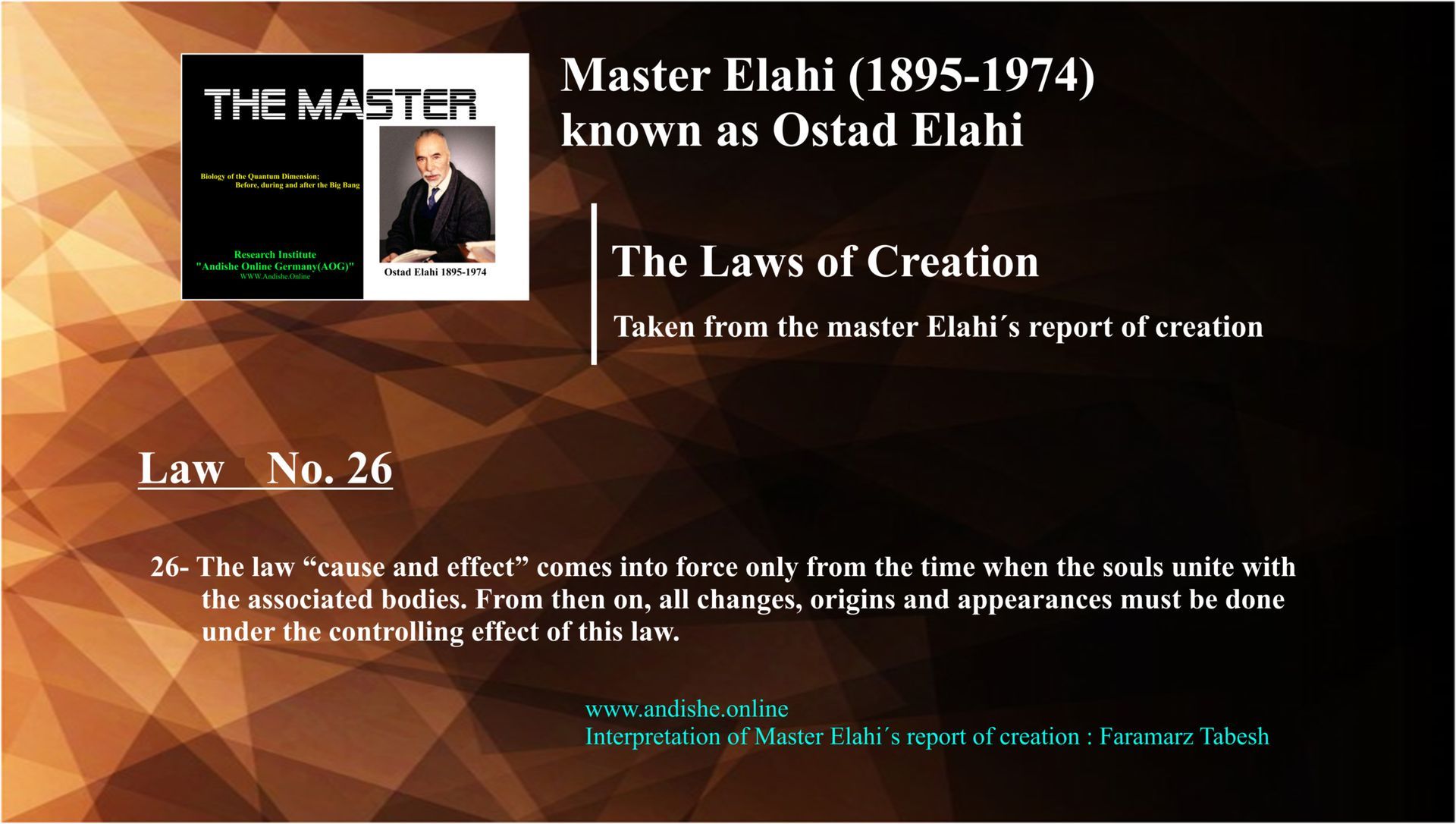Podcast &Video clip at the bottom of the page
The audio format of this article, designed for visually impaired individuals, can be found at the bottom of the page.
The article is now available on
ZENODO:

Information about the article:
A presentation of the research institute "Andishe Online Germany (AOG)"
An excerpt from the section "Philosophy"
Author: Faramarz Tabesh
Publication of the Persian version: May 05, 2022
Publication of the English version: May 26, 2024
Publication of the French version: April 30, 2025
This work was translated by Faramarz Tabesh from persian (Farsi) into German and English.
Philosophy
Who is elite?
Prelude
The term "elite" has a rich history, dating back around two hundred years. It was first used at the beginning of the 20th century to describe the "political class", i.e., the group of leaders and decision-makers. Since then, the term has evolved, with several definitions and views emerging.
'Elite' is derived from the Latin “Eligere” meaning “Chosen”. This word inherently implies the distinction of a few individuals with unique qualities from the mass of people. However, "elite" has always been a polarizing topic, primarily due to its association with evaluation and comparison, sparking intense debates and differing interpretations.
However, in a broader and historical sense, the word "elite" is often used to refer to a group that is far above society's average in a particular case.
A synthesis of the definitions provided by philosophers worldwide over the past century would yield an essentially identical definition to that presented above.
In my estimation, it is not feasible to propose a definition that would be universally acceptable and delineate the criteria for determining membership in the elite. Consequently, it is essential to consider specific classes and groups within the context of human communities and examine them within these boundaries. Nevertheless, one point can be recognized as a commonality in interpreting the meaning of this word: namely, that the elite becomes relevant when a person has a direct or indirect positive influence on people's lives through their particular work and actions. In this context, it is necessary to consider the possibility of a second type of elite, which could be described as "negative elites". Notable examples of such individuals include Hitler, Genghis Khan, and Stalin, whose actions brought the world to the brink of destruction. It is beyond dispute that the actions of these individuals were executed with a degree of wisdom and intelligence, although they were ultimately undertaken for a vicious and destructive purpose.
The Levels of Elites
First, the world's class of athletes can be considered. However, based on the definitions presented in this case, it can be argued that all athletes who win medals from bronze to gold at world championships belong to the sporting elite at the international level. It is evident that other individuals can also be considered elite in this field, namely those who have won such medals at the national rather than international.
In all fields, including music and other arts, some individuals can be included in the ranks of the elite. These are musical elites, with their particular conditions extending from the level of a city or a country to the global level. Therefore, it can be said in general terms that the term "elite" can only be defined in specific relative terms.
Are elites ordinary people?
"Normal" is all people who do not belong to the elite group. These people are busy with their daily lives, which are nothing but a normal process of getting educated, getting married, starting a family, having children, buying a car and a house, and enjoying everything.
The presented situation leads to the conclusion that those considered "abnormal" are actually elites since they have usually sacrificed a "normal" life for their point of view.
The categorization of people as elements of the elite world can extend beyond the criteria already mentioned. This matter manifests itself, particularly in people whose work takes a different form. In fields such as literature, poetry, or philosophy, it is difficult to determine who can be considered elite on a global scale. For example, if you propose a theistic philosophy, the entire atheistic world will sometimes speak out against it without studying it carefully. It is also valid in the opposite direction. As previously discussed, this term has a relative meaning in specific subject areas unless one has a general and global overview of the new ideas without a particular direction or dogma.
A unique confusion
For this discourse, we consider the elite of philosophy and sport as exemplars. It is evident that the elite of the first group is not necessarily the elite of the other one and thus may not be accepted as a source of ideas, a leader, or a recommender within the other domain. However, this does not negate the right of individuals to express their preferences on specific issues.
In this context, however, it is unfortunate that the media, operating under the auspices of negative globalism, exploits this freedom of expression to further its aims. This means that globalism exploits some ordinary people who are not genuinely elite in any field but have a strong aspiration for social mobility. In other words, globalism, which dominates the media, transfers its ideas to these people and uses them as puppets in the media by providing them with specific opportunities.
The conflict between two groups, Group A and Group B, is employed to illustrate the considerations outlined above. In this hypothetical case, it is assumed that globalism is aligned with Group A's pursuit of self-interest. As a preliminary step, the media, which are owned by globalism, initiate a targeted disinformation campaign directed against Group B. The individuals who consider themselves the elite but are uninformed and gullible play a decisive role in this. Therefore, these individuals can be described as USB devices controlled by globalism. The parties involved, namely individuals and the media, are not fully aware of which side, A or B, is correct in the conflict. This form of influence can be described as thought and opinion manipulation.
Of course, it can be accepted that some individuals mentioned above are part of the elite. Nevertheless, it is also possible to classify them as negative elites, as they are aware of the facts but prioritize financial gain over the pursuit of truth. In this context, evidence indicates that they are even prepared to provide support to Islamic extremists. This phenomenon can currently be observed in America and, in some cases, even German universities.
The influence of globalism on individuals through the media is a well-documented phenomenon.
One illustrative example of this phenomenon is the presentation of a quote from a renowned individual in a specific context in a disparate situation that bears no logical connection to the primary subject matter yet reflects the prevailing viewpoint espoused by the media. This indicates that an individual's fame is utilized as a conduit for disseminating information, including disinformation, to the audience.
It is worth noting that a recent trend in the media is to invite a famous Hollywood actress or actor to a meeting and request that they share their experiences on a particular topic. The individual's statements are then published in specific situations, considering the media's interests and the desired effect. As a result, confusion is created in ordinary people's minds, making it difficult to distinguish between right and wrong.
An illustrative example of the instrumentalization of narratives is the statement frequently used by one of the presidential candidates in the 2020 election campaign in American media that "democracy in the USA is in danger". The unified message put forward by certain politicians was aimed at discrediting the opposition. This contrasted with the perception of millions of US citizens who identified the representatives of globalism as responsible for the destabilization of democracy.
It is important to note that the transition from the realm of ordinary people to the domain of the elite is achieved through a specific methodology, known as in-depth study or long-term research on a particular topic. The individual in question must employ this approach to ensure the acquisition of the most optimal outcomes over time, integrating practice and perseverance in intensifying research and augmenting the quality of work. If the individual in question possesses the requisite talent and the quality of the work results exceeds a certain threshold, they will eventually be accepted into the elite world by collective wisdom. This is because no institution or organization anywhere can determine and certify who belongs to the elite.
The institution that awards the Nobel Prizes [1] merely encourages an elite without determining this person as such. This is due to the fact that the individual in question has already demonstrated their eligibility for inclusion in the elite group. Institutions that award prizes in other fields, such as the Grammy Awards [2], are also in the same category. However, it should be noted that not all actions and discussions leading to the final decision are transparent in this context.
The classification of Elites
I believe that the Elites can be divided into four categories as follows:
1. Those who perform particular actions in a specific field that can only be performed by a few people without these actions impacting people's daily lives. An example of this is the number of goals scored by a famous (elite) soccer player in a match against the opposing team.
2. The second category encompasses individuals whose contributions directly impact the daily lives of others. One notable example is Thomas Edison, who discovered electricity.
3. The third category includes those whose activities indirectly impact people. For example, singers and musicians who produce an excellent piece of music and make it available to the public.
4. Finally, the group of true spiritual teachers. They guide people in finding the right way to deal with the Source of Creation.
Two methods of categorizing membership in an elite world
The present study shows that two different methods exist for categorizing individuals regarding their belonging to an elite world.
A) Elite membership is determined based on criteria defined by competent centers. These include for example, prizes awarded by world-renowned organizations.
One example is Spencer Tracy [3], whose name was included in the list of the nine best male actors in American cinema by the American Film Institute (AFI) [4]—or Niels Bohr, who was awarded the Nobel Prize in Physics.
B) Elites who have had a far more significant impact on the world, but it is possible that certain intellectual groups, while not doubting that they are elites, disagree with their ideas. In this regard, Krishna [5], Zoroaster [6], Moses [7], Jesus [8], and some mystics such as Hafez [9], Saadi [10], Maulawi [11], and others should be mentioned. In contrast, individuals with less influence (as measured by the number of their followers), such as Marx [12], Darwin [13], Freud [14], Sartre [15], Kafka [16], Camus [17] and others are also included in this category.
In a broader sense, it is evident that if an individual is regarded as an elite by the Western world, the majority of the Eastern front fails to recognize that individual as a role model, and vice versa. At the same time, the mentally healthy populations in both Eastern and Western societies who do not exhibit extreme dogmatism view these and similar prominent individuals in history as elite, regardless of whether they agree with their beliefs or not.
This interpretation suggests that forming a true aristocracy, in the sense of an elite government, is impossible because the question of who constitutes the true elite must first be resolved.
The fact that someone has written a book is not a sufficient indicator of elite membership. This is because the impact of that book may have disastrous consequences for another group of people. For example, the book "On the Jews and Their Lies" written by Martin Luther, through its repeated printing and wide distribution, gave Nazi Germany a religious license to influence the minds of some Christians around the world and justify the slaughter of millions of people.
A simple conclusion
Social media defines who is elite for broad segments of the population who are busy with their daily lives. However, the existence of independent social media is almost a dream.
An authentic elite does not confuse people with a complicated philosophy presented with complex words, terms, and sentences.
" A true elite, therefore, is the one that informs us about how and on what basis this universe is built. He must also tell us about who the man is, why he exists, what his duties are in this harsh material world, and what happens after death" [18]
Of course, the possibility that another person can be counted among the elite cannot be excluded. In this connection, however, it is necessary to mention an essential condition for the designation of a person as a first-class elite: the uniqueness of the achievements made by this person. All other active individuals in various fields can only be classified as relative elites or the best.
Finally, the following important point should be noted:
" From a human perspective, there is no difference between the common and elite classes. However, regarding social affairs, it can be said that the difference between a true elite and an ordinary person is a kind of impressive creativity of the first one that the second one does not have. Although this is an advantage for the elite, it is not seen as a shortcoming or disgrace for the common person."
All human beings are born to live an earthly life with all its good and bad events and mistakes that they can make in a natural and ordinary process, and eventually, through trial and error in successive lives, they succeed in achieving spiritual perfection. [19]
The content presented in this article provides a sufficient basis for an initial, brief analysis. Many other factors could be included and subjected to detailed analysis as part of a more in-depth study.
Faramarz Tabesh
Germany, May 26, 2024
I am just so thrilled with the sweet little Mabel! She is truly an elite creature.
For some time now, she has been taking care of George, whose beak is unfortunately broken.

Thanks for your attention
Footnotes:
[1] The Nobel Prize has been awarded annually since 1901 and was founded by the Swedish inventor and industrialist Alfred Nobel (1833-1896).
[2] The Grammy Awards are music prizes awarded annually since 1959 by the Recording Academy in Los Angeles. There are currently 91 categories for artists, such as singers, composers, musicians, production managers, and sound engineers.
[3] Spencer Bonaventure Tracy (1900-1967) was an American film actor considered a global superstar.
[4] The American Film Institute (AFI) was founded in 1965 by President Lyndon B. Johnson. It is an American nonprofit film organization that educates filmmakers and honors the heritage of the motion picture arts in the United States.
[5] The Hindu form of the divine is usually worshipped as the eighth avatar of Vishnu and bears the name Krishna.
[6] Zarathustra, "Zartosht" in Persian, was an Iranian prophet and an outstanding philosopher whose teachings are relevant to humanity. He taught in the first or second millennium BC in a northeast Iranian language, which was later called Avestan after the Avesta. Zarathustra's teachings led to the establishment of Zoroastrianism, named after him, as an essential Persian-Median or Iranian religion. As a result, he is also referred to as the "founder of Zoroastrianism," "founder of religion," or "reformer," for example. The current followers of Zoroastrianism are called Parsis, Zartoshty or Zarathustrians. The followers in India and Pakistan include, in particular, the ethnic-religious groups of the Parsis and, to some extent, the Irani.
[7] Moses is regarded as the prophet of the Jewish people. According to biblical tradition, the prophet Moses (Deut 34:10 EU) led the people of Israel on a 40-year journey from Egyptian slavery to the Canaanite land as God's representative.
[8] In most religious contexts, Jesus is regarded as a prophet. According to the New Testament, God chose him to redeem humanity.
[9] Hafiz Shiraz (also known as Hafiz or Hafez, 1315-1390 AD) is considered the greatest of Persian (Iranian) poets and mystics and one of world literature's most famous and admired writers.
His full name is Khwaja Shams-ud-Din Muhammed Hafez-e Shiraz. (Further information: https://www.worldhistory.org/trans/de/1-18957/hafis-shiraz/)
[10] Saadi, Musharraf ad-Din Abdullah (1210-1292), was an outstanding Persian (Iranian) poet and mystic. Persian-speaking countries admire his philosophical and mystical poetry and wise words. Many people visit his mausoleum in Shiraz, a city in Iran, his birthplace, every year.
[11] Jalāl ad-Dīn Muhammad Rūmī, usually called Maulawī or Molana in Persian (1207-1273), was a Persian Sufi mystic and scholar and one of the most essential Persian-speaking poets and mystics of the Middle Ages.
[12] Karl Marx (1818-1883) was a German philosopher and the founder of Marxism.
[13] Charles Robert Darwin (1809-1882) was a British naturalist whose contributions to the theory of evolution made him one of the most important natural scientists.
[14] Sigmund Freud (1856-1939) was an Austrian physician, neurophysiologist and psychologist. His theories and therapeutic methods are still used, discussed, and sometimes heavily criticized today.
[15] Jean-Paul Charles Aymard Sartre (1905-1980) was a French philosopher considered a pioneer and a leading representative of existentialism.
[16] Franz Kafka (1883-1924) is undoubtedly one of the most outstanding representatives of German-language literature of the 20th century. His work is enormously essential for German-language literature and German literature in Prague.
[17] Albert Camus (1913-1960) was a French writer, philosopher, and critic of religion.
[18] Master Nurali Elahi (1895-1974) was a modern thinker, philosopher, mystic, great musician, and heir to a centuries-old spirituality. He was also a respected judge, founder of the University of the Perfection Process, and the one who could reasonably answer the above questions with his teachings. His students and followers believe that his teachings, based on undeniable reason, can be explained scientifically. Further information in this context can be found here: https://www.andishe.online/newpagee927bf1b
[19] This paragraph presents an excerpt from the teachings of Master Elahi. For further information on Master Elahi and his teachings, please refer to the following sources: https://www.andishe.online/newpagee927bf1b
t
Philosophy
Superstition- Episode 1
Philosophy
Superstition- Episode 2
Persia-Iran: Art & Culture
Episode 1
A short story:
Crossing the River
A short story:
A butterfly´s dream
A short story:
A falling Leaf
Quantum dimension of matter
Tokyo experiment
Ostad Elahi's Tanbourplaying
Unification of the sciences of both dimensions
A short story:
The Saga of Siyawash
Life in space
The question is:
Reincarnation or ascending method?
A short story:
The Matador
The seven factors of creation
Intelligence network
Master Elahi's Prophecies
Laws of creation
Laws of creation
Faramarz Tabesh
Code of the article in the research institute:
i, hdc hgdj?

Audio format for the visually impaired
Soon





